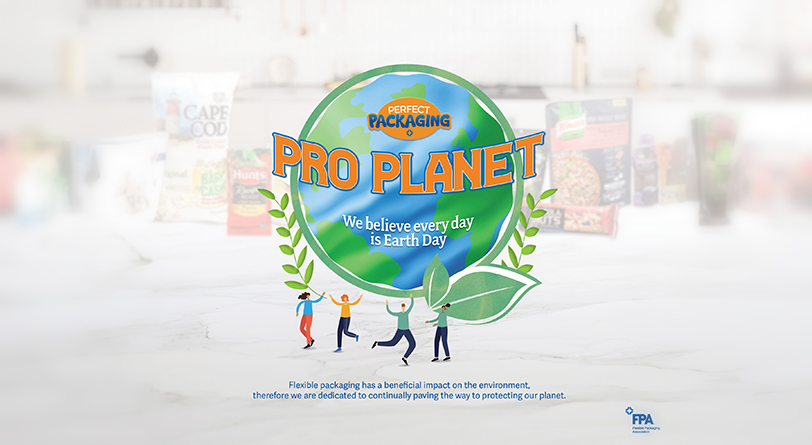ELC Education Committee Releases New Videos

The Education Committee of the Emerging Leadership Council (ELC) of the Flexible Packaging Association (FPA) was formed to develop resources to empower FPA member companies to educate families and communities about the benefits of flexible packaging. Current initiatives are focused on creating resources to educate communities on the more complex issues facing flexible packaging: extended producer responsibility (EPR) and misinformation about plastic packaging.
Over the past several months, the ELC’s Education Committee has been working on creating a video titled “The Basics of Extended Producer Responsibility, a Path Toward Circularity” with the hope of educating policymakers about FPA’s stance on EPR bills. The video takes a complex subject and breaks it down so everyone can easily understand why this country needs well-crafted EPR and how it can improve our national recycling infrastructure to achieve full circularity for flexibles.
The video starts by explaining flexible packaging and why it is currently less likely to be recycled than other types of packaging. It also highlights why flexible packaging is the superior option compared with alternatives because it is the most sustainable option with the lowest carbon footprint. The video explains that the flexible packaging manufacturing process produces fewer emissions and requires less materials, energy, and water.
The video then breaks down the basics of EPR and how it works by shifting the financial responsibility for the collection and sortation of packaging from taxpayers to brand owners who put products on the market utilizing the packaging, with the goal of sufficient funding for collecting, sorting, and recycling of packaging from the sale of those goods.
The video also brings to light a major issue consumers face: EPR legislation varies greatly between the states. Therefore, to make EPR work, the United States needs coordination among the states to have consistent EPR programs as well as requirements for recycling and consumer education. The video ends by summarizing how well-crafted EPR legislation can make consumer recycling easier, boost investment in recycling infrastructure, positively impact the environment by reducing packaging waste, improve circularity for all packaging, and modernize U.S. recycling.
The Education Committee recently finished production; the video will be published and available for industry members to share and promote in the summer of 2024. This tool provides a straightforward, easy way to educate legislators, industry members, and consumers alike.
In recent years, there has been an increasing amount of misinformation about plastic packaging published around Earth Day. Another initiative in 2024 was the launch of a social media campaign highlighting that for flexible packaging, #EveryDayIsEarthDay. This campaign aimed to create short informational videos on the positive attributes of flexible packaging, including:
- “Flexible Packaging is Environmentally Preferable,”
- “Flexible Packaging is Sustainable,”
- “Flexible Packaging is Recyclable,” and
- “Flexible Packaging is Perfect Packaging.”
Consider liking and sharing these videos with followers. They can be found on the ELC’s LinkedIn page and the Perfect Packaging Facebook and Instagram pages.
Many past initiatives have focused on education for families and children. Check out the “Test Your Knowledge” activities on perfectpackaging.org with kids. Sharing these resources with teachers is another great way to help spread the word about the benefits of flexible packaging.
Alana Carr, former chair of the ELC’s Education Committee (2020–2024), is inside sales and marketing manager at Hosokawa Alpine American, Inc. Amy Presher, current chair of the committee, is sales manager at Profol.


